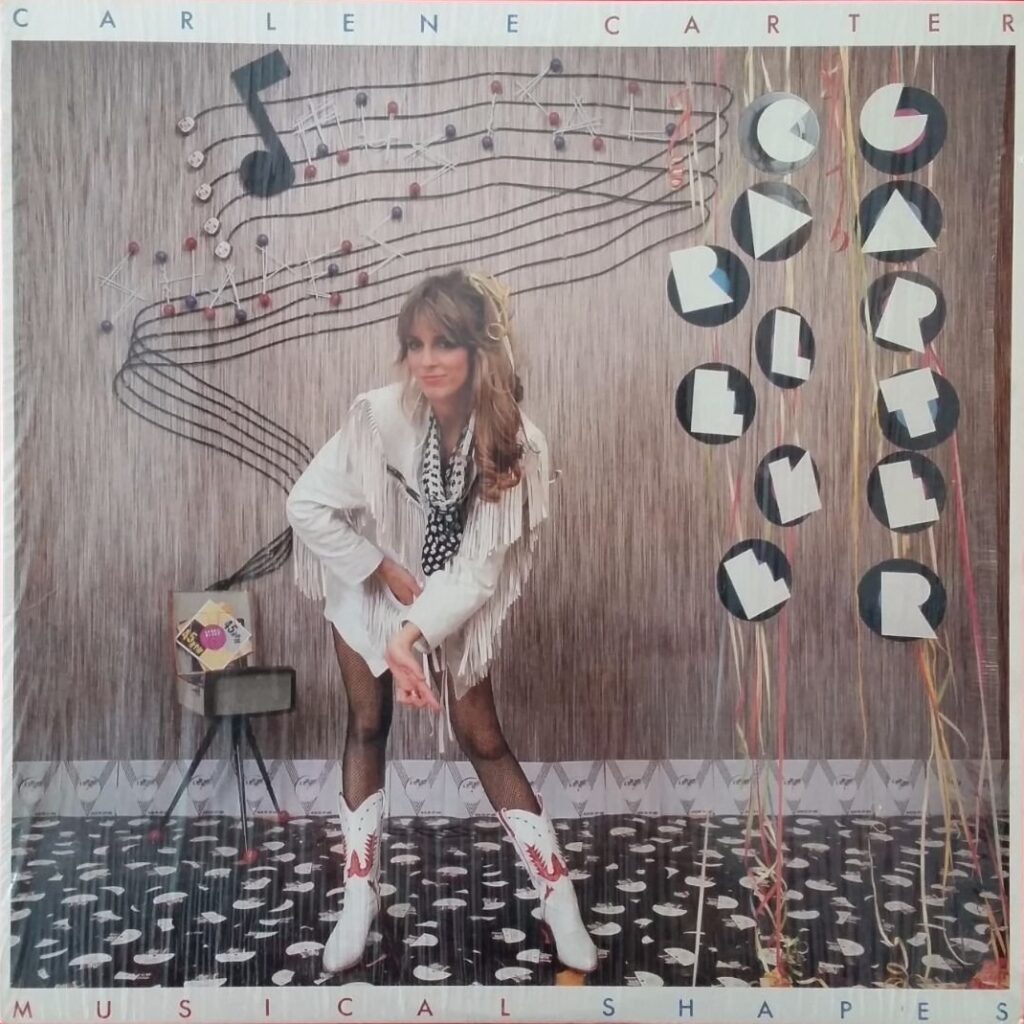 At the age of 22, Rebecca Carlene Smith arrived in London during the punk explosion of 1977, in the middle of Elizabeth II’s Silver Jubilee, which the Sex Pistols commemorated with posters promoting their single “God Save the Queen,” showing Her Majesty with a safety pin through her nose.
At the age of 22, Rebecca Carlene Smith arrived in London during the punk explosion of 1977, in the middle of Elizabeth II’s Silver Jubilee, which the Sex Pistols commemorated with posters promoting their single “God Save the Queen,” showing Her Majesty with a safety pin through her nose.
But Rebecca, who was now going by her stage name Carlene Carter, was in town to record her debut album for Warner Bros. Records, not join the mosh pits. As the daughter of country stars June Carter and Carl Smith, stepdaughter of Johnny Cash and granddaughter of Carter Family matriarch Mother Maybelle Carter, Carlene was searching for a different kind of sound, something beyond her sterling pedigree. As she told journalist Will Birch, “I didn’t want to do the kind of country music that was happening at that point in time. I was looking for something a little more edgy, but without going into a full L.A. rock thing. I was a big Dave Edmunds fan. I went into Eden Studios with Dave, and the first words out of his mouth were, ‘Do you know George Jones?’”
Edmunds as a producer ultimately didn’t click with Carlene, who turned to Bob Andrews and Brinsley Schwarz from Graham Parker’s band the Rumour to finish her eponymous debut, released in 1978. During the sessions she took special note of the tall dude brought in for a couple tunes: “He was playing bass in the control room, and I remember he was disheveled, pretty drunk and funnier than shit, but he played great. He said, ‘Hey C.C.’ and no one had ever called me that before. I fell madly in love with the guy immediately. It was pretty amazing. I actually said to my sister, ‘Rosie, I’m gonna marry that man.’” His name was Nick Lowe; they got hitched in 1979.
Carlene Carter didn’t do much business, and neither did its follow-up, Two Sides to Every Woman, the following year, recorded in New York with the ill-matched Tony Bongiovi, who’d recently worked with Talking Heads and the Ramones, producing. Carter struggled to find the proper setting for her supple, but not particularly distinctive, singing style.
Desperate to find a simpatico partner for her third LP, she turned to her husband. “I didn’t know what to do,” she told Jon Young of Trouser Press magazine. “I didn’t want to make another bad record. Nick was grooving so much on my new tunes that he said, ‘There’s no way out. I’ve gotta do it. Rockpile’s gotta do it. They’re the only people who know how you should sound, and it’ll cut corners if we just go ahead.’ We were afraid we’d have conflicts, but we had exactly the same ideas.”
The Rockpile band—guitarists Edmunds and Billy Bremner, drummer Terry Williams and Lowe on bass—had been impressing live audiences for a couple years, recording two albums under Edmunds’ name (Tracks on Wax 4 and Repeat When Necessary) and one under Lowe’s (Labour of Lust). The only official Rockpile album, Seconds of Pleasure, came out in October 1980, a few months after the album they completed backing Carlene Carter, which was aptly titled Musical Shapes.
Related: Our Album Rewind of Seconds of Pleasure
Finally, Carter got the backing she yearned for and recorded the LP with live vocals against bass-drums-acoustic guitars, with any electric guitars and sweetening overdubbed later. As she once told an interviewer, she was thrilled to work with musicians who “had no genre segregation.”
Ten of the tracks were recorded with Rockpile at U.K. Pro and Ramport Studios in London. Two songs on side two of the LP, a version of Johnny Cash’s hit “Ring of Fire” and Carter’s original “Too Proud,” were cut in North Hollywood, California, with accompaniment from guitarist John McFee and bass player Johnny Ciambotti (members of the American band Clover that had backed up Elvis Costello on My Aim Is True) and drummer Kevin Wells and organist Sean Hopper, who’d worked with Huey Lewis. The liner notes also mention that Bob Andrews and Roger Rettick contribute organ and pedal steel, respectively.
Carter credits Lowe with helping her tighten her compositional chops: “He’s taught me a whole lot,” she said at the time. “I used to write songs that were real rambling, all these sad ballads. Now, whenever I write anything I’ll play it to him, and he’ll help me shape it a bit. We tried to make all these songs like singles; that’s why they’re all so short. It just bangs out.”
The Carlene original “Cry” starts Musical Shapes, with teasing first words: “Excuse my stare, it’s only admiration/I cannot hide this infatuation.” Clearly influenced by George Jones’ 1955 hit “Why Baby Why,” “Cry” is a pleasantly swinging confection that relies on acoustic guitars and simple drum/bass parts for propulsion, with only a teeny bit of electric guitar. “There wasn’t any way [Rockpile] could get in my way,” Carter told Young. “The idea was to keep it really simple, rocking but acoustic, so that the vocals would stick out, just like an old country record, but with a few fancy dos here and there.”
Another new Carter tune, “Madness,” follows, with an unusual intro pattern from Williams, a fuzz-bass effect, and some barely heard sound effects sprinkled in. Carter’s vocal is straightforward and inviting, and the clever lyrics and bouncy rhythm show the effect of Lowe’s songwriting tutorials: “Oh you sweet Romeo/’Atta way to go/Won the heart of the hardest to win/Well you know I only do it for fun.”
A duet with Edmunds, “Baby Ride Easy,” is the only track issued as a single. It’s a crime that it stalled at #76 on Billboard’s country chart; it should have been a contender on the pop charts too, with its feel-good Lovin’ Spoonful/Monkees vibe. Alternating lines with considerable humor (“If I drove a truck/And I was a waitress/And I ordered coffee/And I poured you some”), both singers are utterly charming. The songwriter Richard Dobson was born in Tyler, Texas, and wrote with Steve Earle, Rodney Crowell and Guy Clark; this should have been one of his hits.
“Bandit of Love” and “I’m So Cool” are two more Carter originals. The first is a solid “outlaw country”-style waltz about a “hell-raising angel/And a heaven-sent devil/He cannot be trusted with love.” The second is unusual in that it opens with electric guitar and chugs like prime Rockpile. Lowe provides a ’50s-style echo chamber for Carter’s voice on the choruses, and the Edmunds guitar solo at 1:30 is short but sweet. Carlene wrote “Appalachian Eyes” with McFee. It’s given one of the most complex arrangements on the album, and while perfectly pleasant doesn’t really catch fire.
Side two begins with a reimagining of “Ring of Fire,” which immediately stumbles with a synthesizer intro, a disco-y rhythm, and an ill-conceived, intrusive guitar figure from McFee. The whole thing is a mistake. “Too Bad About Sandy” gets the LP back on track, but Carter’s quasi-Springsteen song doesn’t quite suit her, although she sings it well enough. Lowe plays a very nice bass part, and is that Edmunds or Bremner with the snaky electric solo half-way in?
The Carter Family’s “Foggy Mountain Top” benefits from Rettick’s pedal steel and Carter’s irrepressible vocal. It’s nice to hear Rockpile at full tilt on a country-bluegrass classic. “That Very First Kiss” is a rockin’ Everly Brothers-meets-Shirelles-style tale of irresistible love written by Carter: “Anyone who loved me/Wouldn’t treat me so unkind/Now, don’t feel so bad/My heart melted long before you burned it.” It’s got one of her peppier vocals, not a million miles from what Linda Ronstadt did with Costello’s “Girls Talk” from the same period.
“(Too Drunk) To Remember” has a killer opening couplet: “I woke up this morning to a telephone call/And that’s when I noticed strange shoes in the hall.” Written by Carter’s friend and sometime songwriting partner Anni O’Brien, and featuring Hopper’s organ work, the track’s a great showcase for Carter’s deadpan humor. The album concludes with “Too Proud,” a somewhat bombastic soul-gospel-country arrangement of a passion-filled melody. It centers on McFee’s aggressive guitar, and while Carter’s vocal is excellent, it seems to come from a different woman than the one we’ve heard for most of the album.
The striking album cover design from Barney Bubbles, with the quite lovely Carlene decked out in rockabilly country threads in a roomful of repurposed vinyl and record sleeves from her British label F-Beat, perhaps riffs on Chuck Berry’s description of “Little Queenie”: “Who’s the queen/Standing over by the record machine/Lookin’ like a model on the cover of a magazine/She’s too cute to be a minute over seventeen.” At 25 years of age, Carlene Carter could certainly evoke a teenage energy.
1980’s Musical Shapes got more critical praise than its predecessors, without selling much better; her next Lowe-produced album, Blue Nun, didn’t even get a U.S. release when Warner Bros. and F-Beat decided to concentrate on Europe, where Carter had more of a following. By 1983 Carter was recording for Epic Records; she and Lowe divorced in 1990.
Fighting alcohol and drug problems, Carter continued to record for various labels, receiving her highest chart position for the album I Fell in Love in 1990, which also threw off two #3 Billboard country chart singles. Finally getting clean and sober, she would slyly refer to her wild past in concerts, like the 2008 gig where she said, “I’m really fortunate to have been making records for 30 years. I’ve had some gaps where I was doing research.”
Along the way, she was the opening act for John Mellencamp’s 2015 tour, and collaborated on his 2017 album Sad Clowns & Hillbillies. In September 2024 she performed a tune closely identified with her family, “Will the Circle Be Unbroken,” in Atlanta at the celebration of President Jimmy Carter’s 100th birthday. As she said many years ago, “When I started writing songs, I realized I was country. I couldn’t help it. No matter how many chords I stuck in or how I rocked out, I was still a country singer.”
Her recordings are available in the U.S. here and in the U.K. here.
Watch Carter and Dave Edmunds perform “Baby Ride Easy” live in 1980

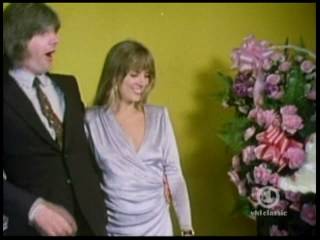
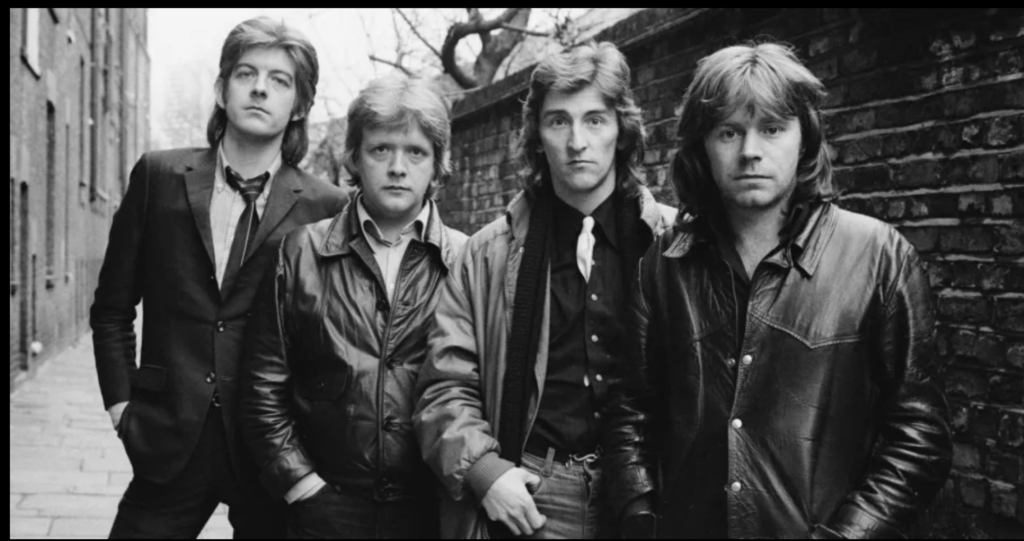
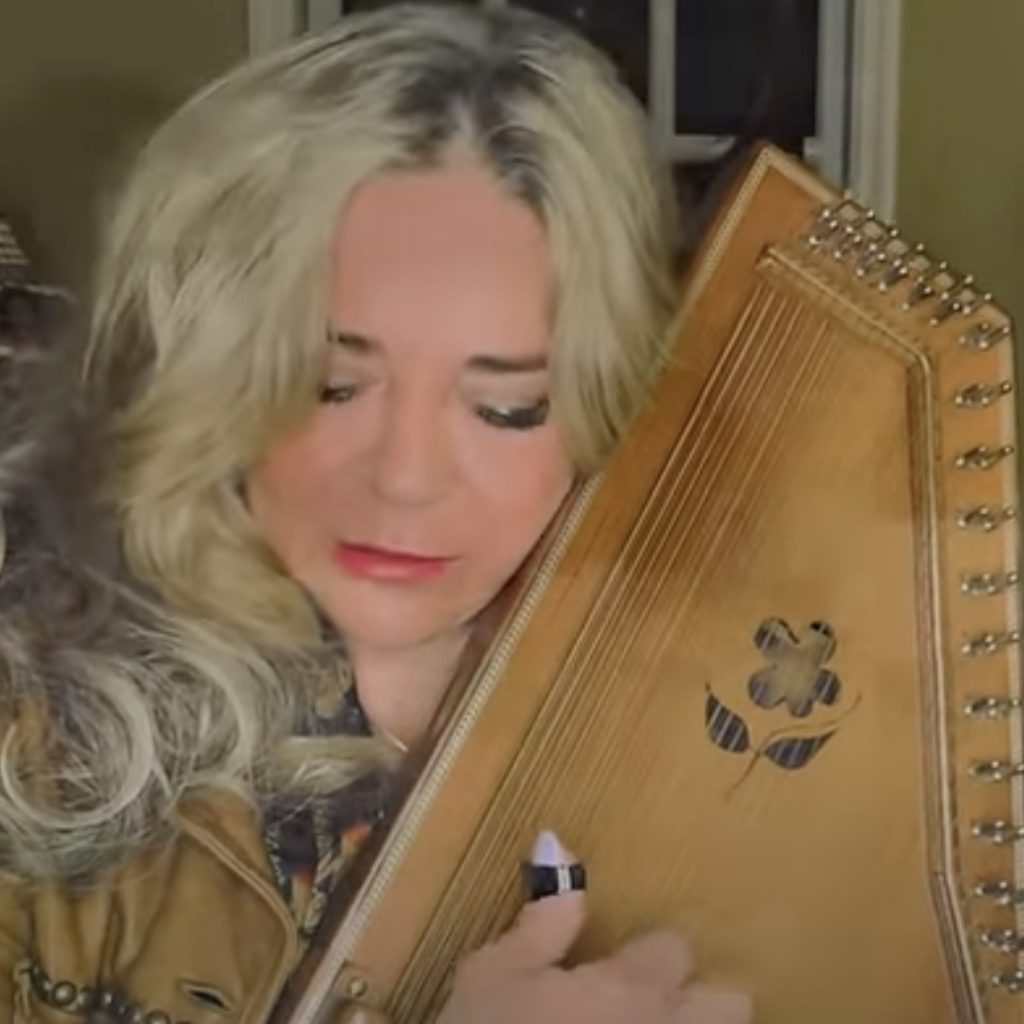
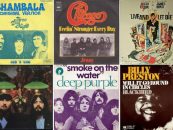
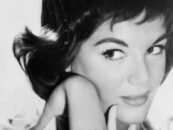



No Comments so far
Jump into a conversationNo Comments Yet!
You can be the one to start a conversation.